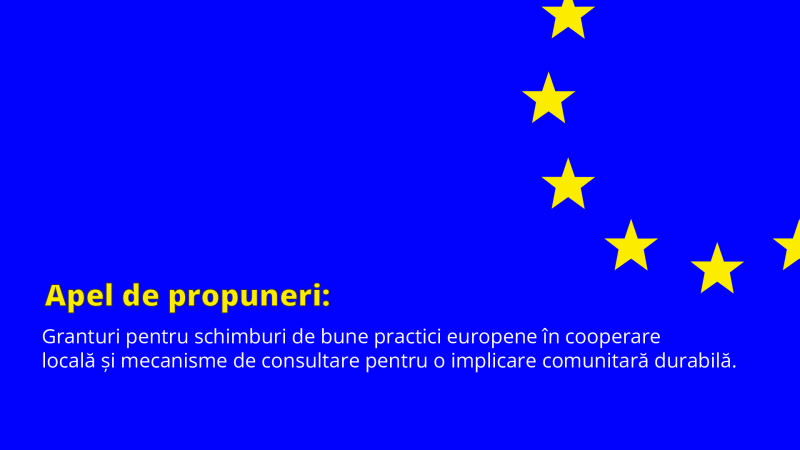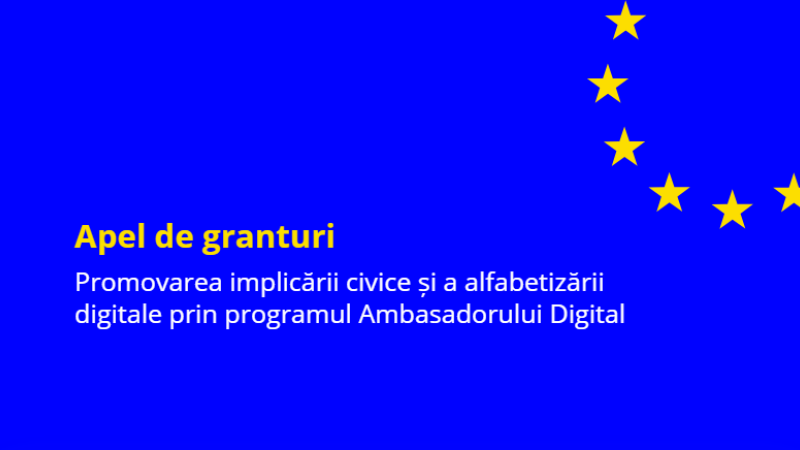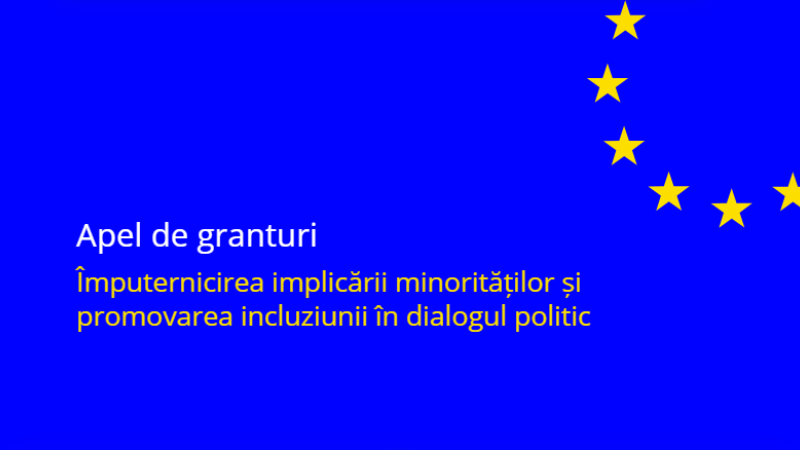Prima conferință internațională dedicată perspectivei de aderare a Republicii Moldova la Zona Unică de Plăți în Euro a avut loc la Chișinău
Beneficiile și provocările aderării Republicii Moldova la Zona Unică de Plăți în Euro (SEPA), precum și progresele realizate de către autorități pentru conformarea la criteriile SEPA au fost abordate în cadrul Conferinței internaționale „Aderarea Republicii Moldova la Zona Unică de Plăți în Euro – realizări și perspective” care a avut loc pe 17 noiembrie 2022, la Chișinău. Evenimentul a fost organizat de Banca Națională a Moldovei (BNM), în cadrul proiectului Twinning „Consolidarea supravegherii, guvernanței corporative și gestionării riscurilor în sectorul financiar”, finanțat de Uniunea Europeană.
În deschiderea conferinței, guvernatorul BNM, Octavian Armașu, a subliniat că aderarea la Zona Unică de Plăți în Euro reprezintă un exercițiu de importanță națională, un proiect de țară, un pas esențial în contextul integrării Republicii Moldova la Uniunea Europeană.
Prezentă la eveniment, prim-ministra Republicii Moldova, Natalia Gavrilița, a declarat că aderarea la zona SEPA rămâne o prioritate, în contextul în care economia Republicii Moldova este strâns interconectată cu cea a spațiului european.

Unul din obiectivele proiectului Twinning al UE „Consolidarea supravegherii, guvernanței corporative și gestionării riscurilor în sectorul financiar” este de a oferi suport Băncii Naționale a Moldovei pentru alinierea legislației și a cadrului de reglementare din Republica Moldova la standardele Zonei Unice de Plăți în Euro, precum și pregătirea procedurii de solicitare a aderării la SEPA în calitate de membru non-SEE (Spațiul Economic European).
„Aderarea la Zona Unică de Plăți în Euro va aduce Republica Moldova mai aproape de UE și de piața sa unică. Acest lucru va avea ca rezultat beneficii valoroase și vizibile pentru cetățenii care vor putea efectua plăți în euro fără numerar oriunde în Uniunea Europeană. Felicităm Banca Națională a Moldovei pentru pregătirea și aprobarea planului de acțiuni cu repere și termene-limită pentru aderarea la SEPA. Lucrul cel mai dificil urmează a fi efectuat, întrucât implică elaborarea modificărilor legale necesare și pregătirea dosarului de cerere de aderare la SEPA. Republica Moldova are nevoie de un sistem financiar sănătos, stabil și pe deplin funcțional, apt să-și servească cetățenii, afacerile și să ofere bază pentru o creștere economică sustenabilă. UE va continua să sprijine Moldova, în special, având în vedere că criteriile de aderare la SEPA reflectă unele cerințe relevante și pentru aderarea la UE”, a declarat Jānis Mažeiks, Ambasadorul Uniunii Europene în Republica Moldova.

Invitatul special al conferinței a fost Etienne Goose, președinte al Consiliului European de Plăți – instituția care va lua decizia de a permite includerea țării noastre în zona geografică SEPA.
Sesiunea plenară a fost urmată de două dezbateri pe temele: „Beneficiile și provocările aderării la Zona Unică de Plăți în Euro (SEPA)” și „Eforturi și progrese realizate de către autoritățile din Moldova pentru conformarea la criteriile SEPA. Pașii necesari de urmat în vederea pregătirii dosarului de aderare la SEPA”.
Proiectul Twinning al UE „Consolidarea supravegherii, guvernanței corporative și gestionării riscurilor în sectorul financiar” a fost lansat în ianuarie 2021 pentru o perioadă de doi ani. În cadrul acestuia, Banca Națională a Moldovei (BNM) și Comisia Națională a Pieței Financiare (CNPF) beneficiază de sprijinul UE pentru dezvoltarea și reformarea în continuare a sectorului financiar al Republicii Moldova. Instituțiile partenere ale proiectului, care oferă sprijin BNM și CNPF sunt Banca Națională a României, Banca Centrală a Regatului Țărilor de Jos și Banca Centrală a Lituaniei, în colaborare cu Autoritatea de Supraveghere Financiară din România și Autoritatea Națională pentru Protecția Consumatorilor din România.

Twinning este un instrument al UE de cooperare instituțională între autoritățile statelor membre ale UE și autoritățile țărilor beneficiare. Proiectele Twinning urmăresc scopul de a dezvolta capacitățile instituționale ale autorităților beneficiare. În cadrul acestor proiecte, experți din sectorul public din UE sunt detașați pentru a oferi asistență autorităților beneficiare în vederea atingerii unor obiective specifice. Mai multe informații privind instrumentul de asistență Twinning sunt disponibile pe pagina web a Comisiei Europene.
Zona Unică de Plăţi în Euro (Single Euro Payments Area – SEPA) este acea zonă geografică în care nu există diferențe între plățile fără numerar în euro, naționale sau transfrontaliere.
În SEPA clienții vor fi capabili să efectueze şi să primească plăţi fără numerar în euro, la fel de sigur, rapid și eficient ca în context naţional, folosind un cont unic și instrumente de plată standardizate, prin care un client poate face plăți din contul propriu către orice altă destinație din zona SEPA. Aceste standarde reprezintă fundamentul dezvoltării serviciilor de plăti realizate exclusiv electronic, precum plăți prin internet și dispozitive mobile, servicii de facturare electronică și alte servicii electronice cu valoare adăugată. SEPA este proiectul de cea mai mare anvergură derulat de industria europeană a plăților, având ca obiectiv crearea unei piețe integrate pentru serviciile de plăti în euro, prin eliminarea barierelor comerciale, legale și tehnice între piețele de plăti naționale participante la zona SEPA.


